Social and emotional management skills are learned through experiences and interactions with others. These books, toys and games are a fun way for parents to help their children recognize feelings and cope with emotions. They have been selected by our staff for two key reasons: an underlying focus on emotional development and high rankings from parents.
Children will learn to recognize and identify their own emotions as well as those of others. Through card games, workbooks, and discussions, kids can develop tactics to self regulate negative emotions, which helps to improve self-confidence, maintain focus during school, and manage relationships with friends.
CBT Card Game for Kids
About Don’t Go Bananas. This fun, colorful card game based on the ABCD Model of Cognitive Behavioral Therapy helps kids identify emotional triggers and explore how they react in certain situations. The game focuses on anger, sadness, worry, fear and jealousy. Each card prompts the player to answer questions about an emotion. Designed for 2-4 players.
Reviews. Counselors, teachers and parents offer positive reviews for Don’t Go Bananas. The questions are a great way to kick off a conversation with kids, help them recognize different emotions and feelings, and develop self-control. Some reviewers commented that the game instructions could be improved so they created their own rules. Appropriate for kids aged 7+.
Cognitive Behavior Therapy Card Game for Kids
About Cognitive Behavior Card Game. This card game helps children develop self-confidence, positive thinking and emotional intelligence. The game is based on the well known card game Go Fish. Each card includes a cute illustration representing an emotion as well as a question related to that emotion. During the game, when a player receives a card, he will read and answer the question. The deck covers 14 different emotions, including empathy, shyness, jealousy, and confidence, among others.
Reviews. Parents enjoy playing this game with their children because it’s great for teaching the principles of positive behavior. It’s a simple, fun game that fosters communication and discussion even after the game is over. Appropriate for ages 6+.
Alternative Card Game. Another card game to consider is Don’t Go Bananas, which is also based on the ABCD Model of Cognitive Behavior. It’s a simple, semi-cooperative game for 2-4 players who answer questions about anger, sadness, worry, fear and jealousy.
Therapy Card Game for Kids and Families
About Totem Card Game. This self-esteem building card game enables players to share how they feel about their friends, family and team members. Each player selects, shares and trades cards they feel represent the strengths and qualities of the other players. The activity encourages all players to engage in discussion and develop both self-awareness as well as empathy.
Reviews. Reviewers love that the game encourages kids and families to speak out about positive moments and traits in others. This game fosters good feelings, self-confidence, and positive energy. Appropriate for middle school, teens and families.
Emotional Management Board Game for Kids
About Emotional Roller Coaster. This is a fun board game that helps kids learn how to recognize, regulate and manage their emotions. Similar to chutes and ladders, the game is based on moving pieces to different squares for a chaos card or a way to cope with the feeling. The game encourages children to learn what makes them angry and explore various methods for managing the given situation.
Reviews. Parents and therapists rave about this game. It engages children and helps them learn how to talk about different emotions. Importantly, the game also helps children identify what events or situations caused them to feel that way. Appropriate for kids aged 7+
Board Game of Emotions
About Happy or Not Game of Emotions. This bingo type board game helps children develop an ability to recognize emotions in themselves and others. Filled with colorful illustrations, this interactive game captures the attention and is engaging for young children and families.
Reviews. Many reviewers comment that this is a great stand alone game, but also useful as a tool in other situations. The multi-level cards help kids understand the varying degrees of emotion. For example, being annoyed, angry, or furious. This game is more appropriate for upper grade elementary school students and older. The different pictures and facial expressions can be a bit challenging for younger kids.
Social Skills Card Game
About This Is Me Social Skills Card Game. These colorful cards include a fun illustration and the beginning of a sentence that players must complete. For example, a card may state “I don’t understand…” or “Others make fun of me when…” and the player must complete the sentence about themself. The objective is to help empower children to build self-assessment and self-confidence.
Reviews. Therapists, parents and families like this game as a tool to support child development. This is an interactive game for kids and families that fosters communication and ongoing discussion. Parents comment that it’s a great way for kids to learn how to communicate with others. It’s also a good game to keep kids busy while traveling.
Emotions and Empathy Card Game
About Feelings and Dealings: An Emotions and Empathy Card Game. These large, illustrated cards teach children to recognize emotions and cope with their feelings. The cards depict characters in different social settings and kids study and discuss what the characters may be feeling based on their facial expressions and body language. Parents, teachers, and therapists use the cards to guide conversations with kids and help them express what they feel and need.
Reviews. The cards are sturdy with nice quality art work. Therapists and school counselors like using these cards to teach empathy and reading body language. Parents use the cards to show their children examples of feeling frustrated or upset, which helps them remain calm and engage in a conversation about the situation. Appropriate for children aged 4+ who have the support of an adult to explain the emotions and guide conversations.
8 Emotions Plush Toys and Special Edition Book
About A Little SPOT of Emotion Toy & Book Set. This gift set is a companion to the bestselling books A Little SPOT of Emotion. There are eight emotions, including anger, anxiety, peaceful, sadness, happiness, love, confidence, and scribble represented as plush toys. The book includes a bonus feelings poster to help children identify facial expressions.
Reviews. A Little SPOT of Emotion has been praised by thousands of parents, therapists, teachers and care givers. The stories help children understand how they are feeling and give them a way to describe their emotions. The brightly colored plush toys in this set enhance that process as kids pick and hold on to the toy with the facial expression that represents how they feel. Appropriate for kids aged 4+.
Social-Emotional Management Book Series for Young Children
About Social-Emotional Management Book Series. This book series introduces children to a range of emotions. Under various situations and settings, the little Ninja recognizes how others are behaving and learns how to cope with his own feelings. The series covers impulsive behavior, frustration, listening skills, and patience, among many other emotions.
Reviews. These colorful, smartly illustrated books capture the attention and imagination of children. The cute characters and stories keep kids engaged in the underlying lesson. Parents comment that the books are well written with enough examples and repetition to help children develop an understanding of the subject emotion. Furthermore, the books use age appropriate vocabulary and suggest simple tactics that help kids cope with their feelings.
Emotional Self-Regulation Book Series for Young Children
About Self-Regulation Book Collection. Managing anxiety, anger and sadness is an important life skill. These books are great for parents to read aloud with their children and discuss emotions and ways to deal with how they’re feeling. Given all the new situations that children experience in school, we believe preparing for social and emotional development is as important as mathematics or reading.
Reviews. Parents, teachers and therapists give these books a high rating. The books are appropriate for young children and easily relatable to individual situations. The colorful, hand-drawn illustrations are wonderful. The story line of each book enables lots of opportunities for parents to talk with their children about emotions and feelings.
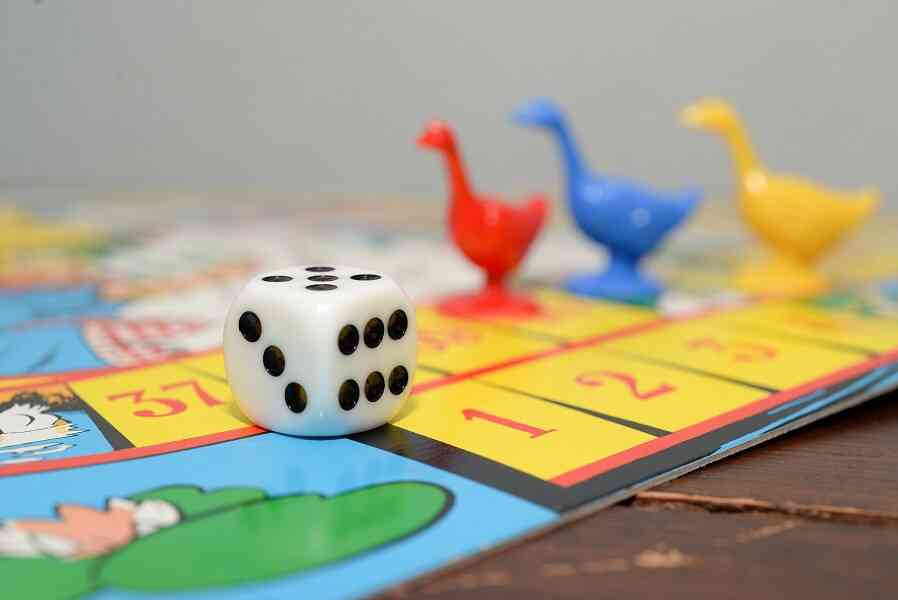














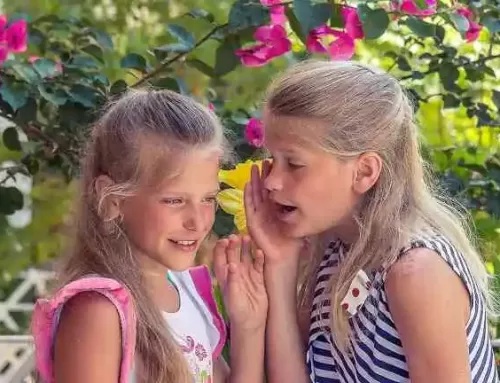
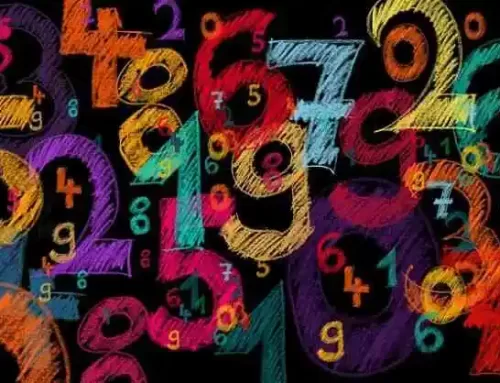
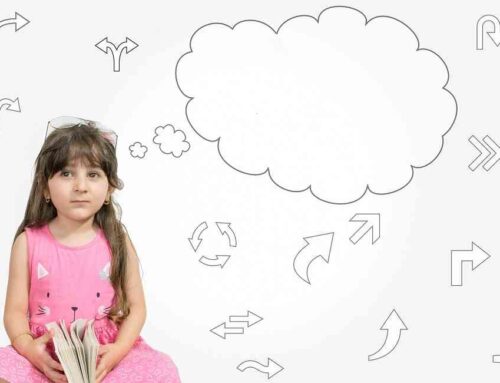


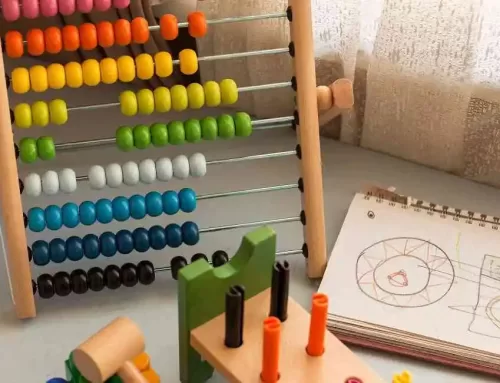
Leave A Comment